
Edison Collaborative Divorce Lawyers
Though divorce is often thought of as a contentious, expensive process, it doesn’t always have to be. Many couples who are capable of cooperating and compromising with one another find that collaborative divorce is a superior alternative to litigated divorce. Read on to learn more about collaborative divorce and how our seasoned Edison divorce lawyers can guide you through the process.
What is a Collaborative Divorce?
Collaborative divorce is a non-adversarial approach to dissolving a marriage where both parties commit to resolving their issues without stepping foot in a courtroom. It offers a more amicable and cooperative process compared to traditional litigation, aiming to preserve relationships and minimize emotional stress. Instead of battling in court, both spouses work with trained professionals, including attorneys, financial advisors, and mental health experts, to reach a mutually agreeable settlement.
One of the key aspects of a collaborative divorce is the “participation agreement,” which ensures that both spouses and their attorneys commit to resolving all issues without court intervention. If either party decides to pursue litigation, the collaborative lawyers must withdraw from the case, emphasizing a shared investment in maintaining a peaceful resolution.
The benefits of collaborative divorce are numerous. It typically reduces the financial burden and emotional strain of divorce by fostering open communication and problem-solving. It also allows the couple to retain more control over the outcome, as decisions are made jointly rather than being imposed by a judge. For those with children, collaborative divorce often results in more harmonious co-parenting arrangements by focusing on the long-term well-being of the family. By prioritizing cooperation and transparency, this approach allows divorcing couples to move forward with dignity and respect.
What is the Collaborative Divorce Process Like?
The collaborative divorce process is significantly different than a litigated divorce. A general outline of the collaborative divorce process is as follows:
- Initial Consultation with a Collaborative Lawyer: The first step is to meet with a collaborative divorce lawyer to understand the process and determine if it’s suitable for your situation.
- Signing the Participation Agreement: Both parties sign a participation agreement, committing to resolve their divorce issues outside of court and to full transparency in sharing information.
- Assembling the Collaborative Team: In addition to collaborative lawyers, the team may include neutral financial advisors, mental health professionals, and child specialists, if needed.
- Setting Goals and Interests: Each party, along with their lawyers, identifies their goals and interests, which will guide the collaborative process.
- Joint Meetings: The parties and their collaborative team hold a series of joint meetings to discuss and negotiate various aspects of the divorce, such as property division, child custody, and support arrangements.
- Involvement of Other Professionals: Neutral financial advisors assist with asset and debt division, while mental health professionals can help manage emotional aspects and communication challenges.
- Creating a Parenting Plan (if Applicable): If children are involved, both parties work together to create a parenting plan that focuses on the children’s best interests.
- Developing a Settlement Agreement: Through negotiation and collaborative discussions, a settlement agreement is drafted, outlining the terms of the divorce.
- Review and Finalization: Each party has the opportunity to review the agreement with their lawyer, ensuring it aligns with their interests and goals.
- Filing the Agreement with the Court: Once the agreement is finalized, it is submitted to the court for approval. In New Jersey, the court generally respects the decisions made in a collaborative divorce.
- Court Approval and Final Divorce Decree: After the court reviews and approves the agreement, it issues a final divorce decree, legally ending the marriage.
Contact Our Collaborative Divorce Lawyers
If you think that collaborative divorce may be the right option for you, please don’t hesitate to contact our family lawyers today. Arndt & Sutak, LLC stands ready to effectively represent your interests, every step of the way.
© 2026 Arndt & Sutak, LLC.
All rights reserved. Attorney advertising.




